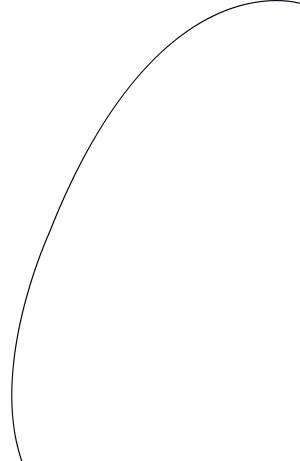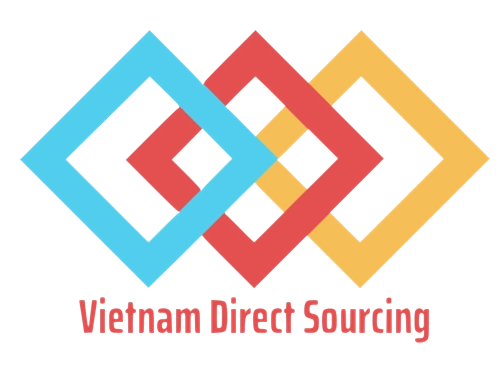





Key Healthcare Procurement Methods: Pros and Cons for Healthcare Sourcing

Healthcare procurement involves acquiring essential products – such as medical devices, pharmaceuticals, and PPE – critical to hospitals, clinics, and healthcare distributors. The sourcing method you choose significantly impacts cost, quality, and efficiency. At Vietnam Direct Sourcing, we specialize in providing direct sourcing solutions to healthcare organizations, especially those sourcing from emerging markets like Vietnam. In this article, we explore various healthcare sourcing methods, their advantages, and potential drawbacks.
Direct Sourcing: Full Control, Lower Costs
Direct sourcing means engaging directly with manufacturers, bypassing intermediaries. This method can lead to significant savings and greater control over product quality, but it requires more effort to manage.
Pros:
- Cost-Effective: By eliminating middlemen, direct sourcing reduces overall costs.
- Greater Control: Direct communication with healthcare suppliers ensures customized products and better quality oversight.
- Better Supplier Relationships: Building long-term relationships with suppliers offers negotiation advantages in the future.
Cons:
- Time-Consuming: Finding reliable manufacturers and evaluating their capabilities can be a lengthy process.
- Logistics Complexity: Managing international logistics and shipping can be challenging, especially when dealing with customs and delivery timelines.
- Quality Risks: Close monitoring is required to ensure product quality meets standards.
For those who prefer an intermediary to help manage these complexities, using a sourcing agent can streamline the process and provide additional expertise, as discussed in our guide on How to Use a Sourcing Agent to Grow Your Business: A Step-by-Step Guide (See section on “What Does a Sourcing Agent Do?”). The article explains how sourcing agents can assist in handling logistics and quality control, which are crucial in healthcare procurement as well.
Sourcing Through an Agent: Expertise and Convenience
A sourcing agent manages the entire procurement process, including identifying healthcare suppliers, negotiating terms, and overseeing product quality.
Pros:
- Expertise: Sourcing agents have deep market knowledge and supplier networks.
- Reduced Risk: They ensure suppliers meet quality standards and regulations.
- Time Savings: They handle negotiations and logistics, saving you time.
Cons:
- Additional Costs: Fees for agent services increase overall procurement costs.
- Less Control: You may have limited oversight over pricing and order details.
- Potential Misalignment: Agents may not fully understand your specific needs.
Online Platforms: Fast but Risky
E-commerce platforms like Alibaba or Global Sources give quick access to a wide range of suppliers, but they come with significant risks, especially for healthcare products that must meet strict regulatory standards.
Pros:
- Speed: Easily compare a wide range of products and suppliers.Easy to compare products and suppliers.
- Variety: Access to a large selection of medical devices and pharmaceuticals.
- Low MOQ: Many suppliers offer smaller order quantities, perfect for smaller buyers.
Cons:
- Quality Assurance Issues: Lack of vetting can lead to inconsistent product quality.
- Regulatory Risks: Ensuring compliance with healthcare regulations (e.g., FDA, CE) is often challenging.
- Delivery Issues: Shipping and customs can cause delays and additional costs.
Nearshoring: Sourcing Closer to Home
Nearshoring involves sourcing from nearby countries to reduce shipping times and costs and is gaining popularity in healthcare procurement.
Pros:
- Faster Shipping: Reduces lead times and shipping costs.
- Easier Communication: Fewer language barriers and better time zone alignment.
- Regulatory Ease: Some nearshoring countries have favorable trade agreements.
Cons:
- Higher Costs: Labor costs can be higher than in traditional offshore sourcing markets.
- Fewer Options: Limited supplier base depending on the product.
Hybrid Sourcing: Mixing Strategies for Maximum Efficiency
A hybrid approach combines different sourcing methods, such as direct sourcing solutions and working with sourcing agents, to maximize cost efficiency and quality while minimizing risks.

Pros:
- Flexibility: Choose the best sourcing method for each product category.
- Risk Diversification: Reduce reliance on a single source.
- Cost Optimization: Source some items through agents for reliability, and others directly for cost savings.
Cons:
- Complex to Manage: Requires more oversight and coordination.
- Higher Initial Setup: Establishing multiple sourcing strategies can be resource-intensive.
Conclusion: Choosing the Right Healthcare Sourcing Strategy
The right healthcare procurement method depends on your business needs and goals. Whether you prefer direct sourcing solutions for cost control, rely on a sourcing company in Vietnam for expert guidance, or utilize sourcing agents for convenience, each strategy has its benefits and challenges. By working with a trusted sourcing partner like Vietnam Direct Sourcing, you can streamline your healthcare sourcing process, ensuring high-quality products and cost-effective solutions for your organization.
Ready to get started? Vietnam Direct Sourcing is here to help. With local expertise and a trusted network of suppliers, we’ll make sure your sourcing journey is as smooth as possible.
Learn more about this topic on our podcast!
Want to dive deeper into this subject? Check out our latest podcast on this subject on Spotify, where we explore this topic and so much more! Whether you're on the go or relaxing at home, tune in for insights, tips, and discussions that bring our blog topics to life.


Leave a comment
Your email address will not be published. Required fields are marked *